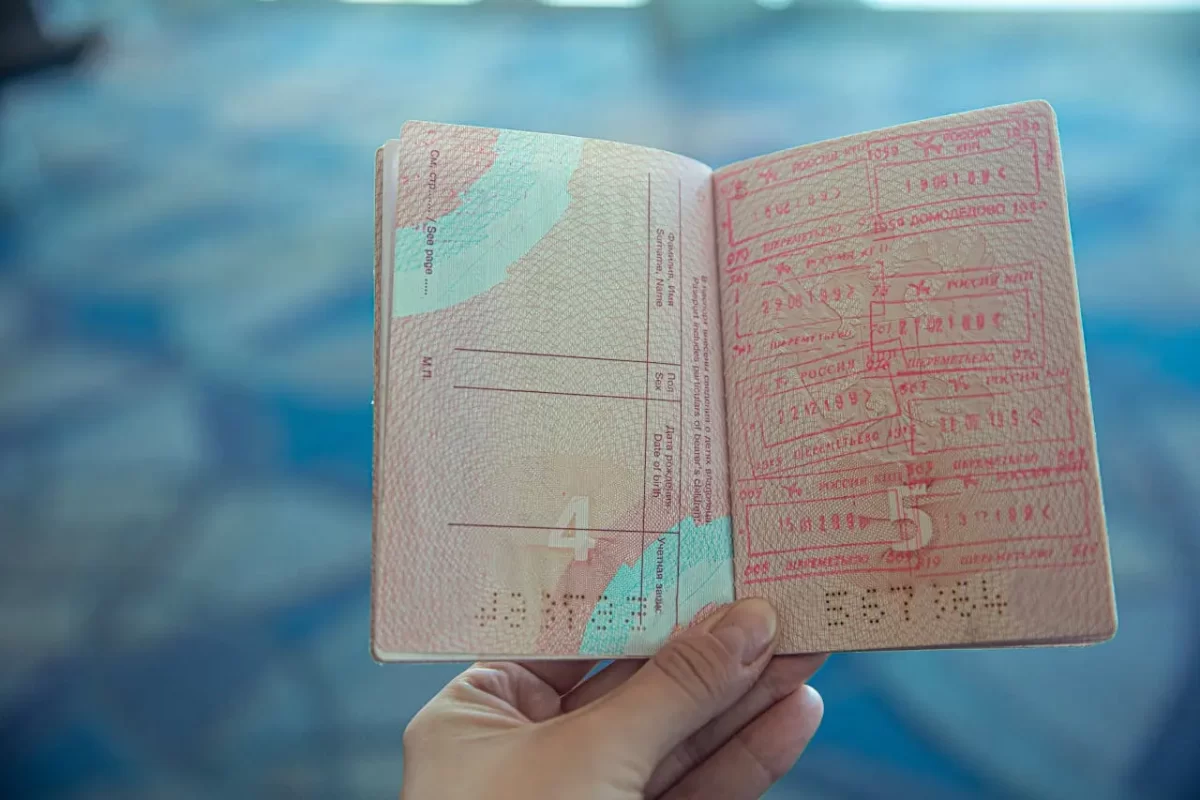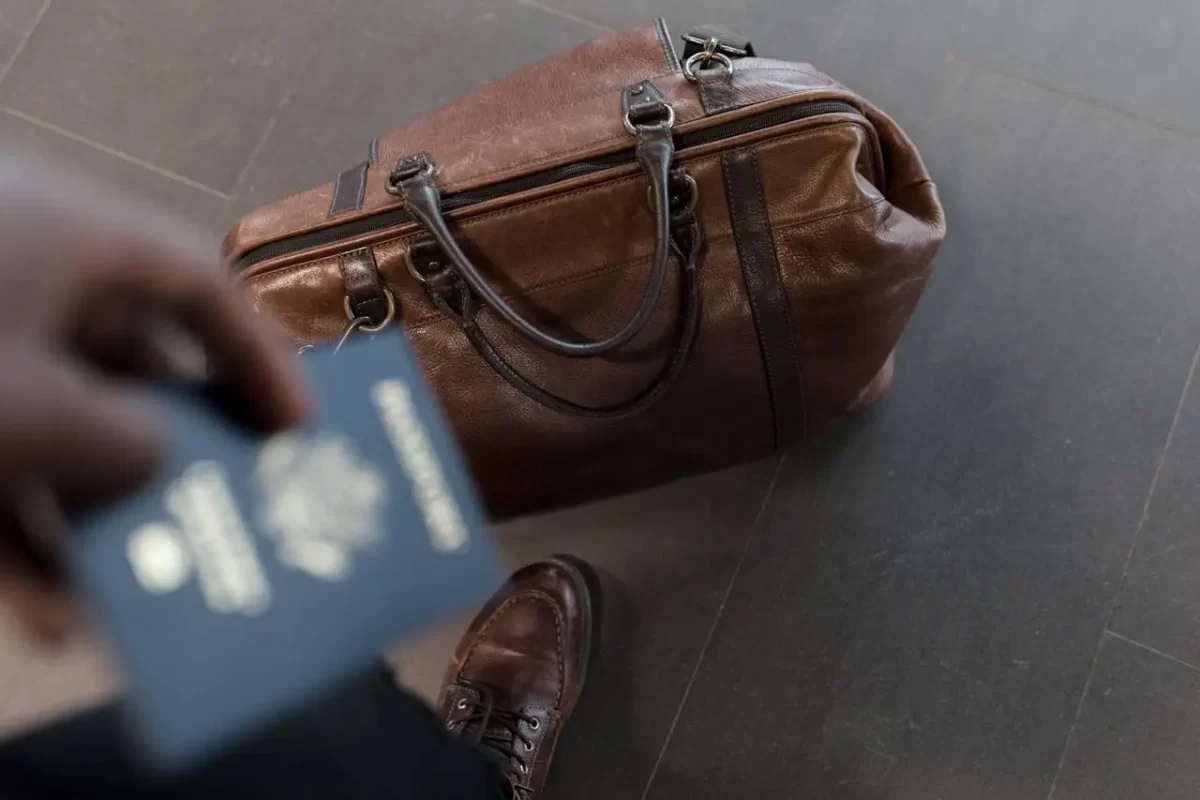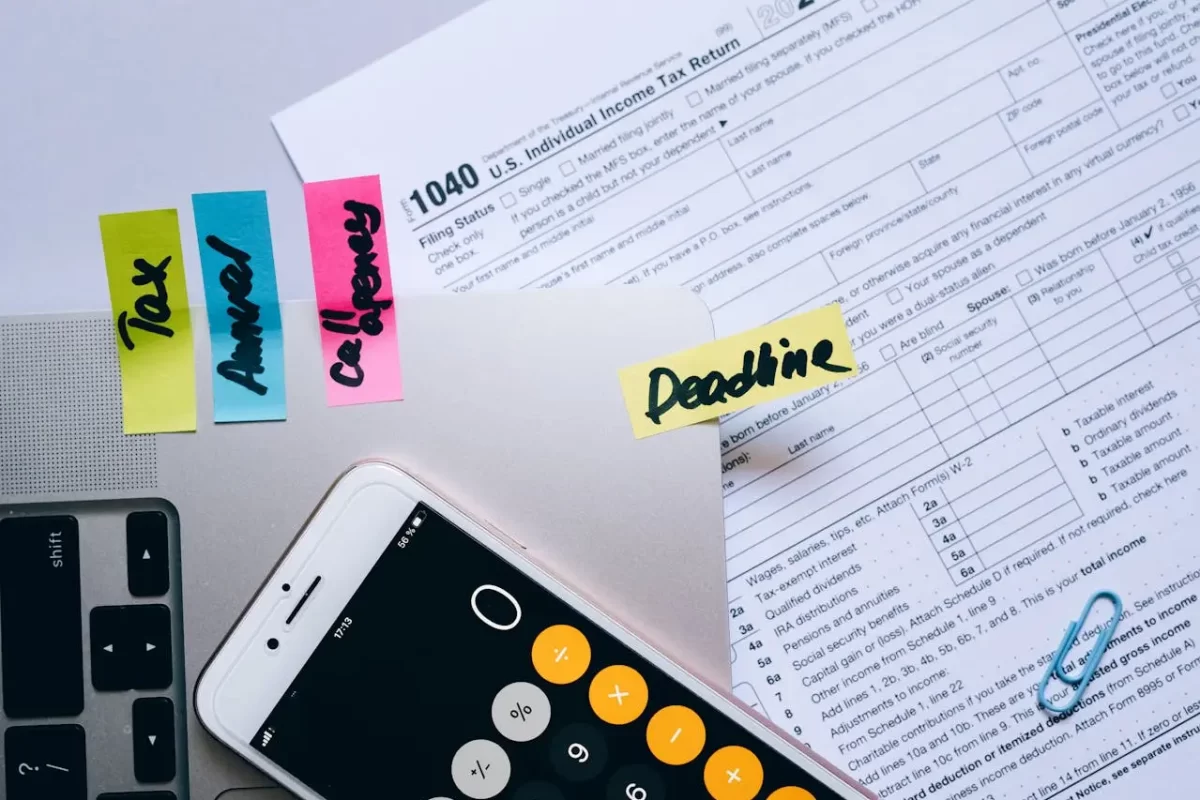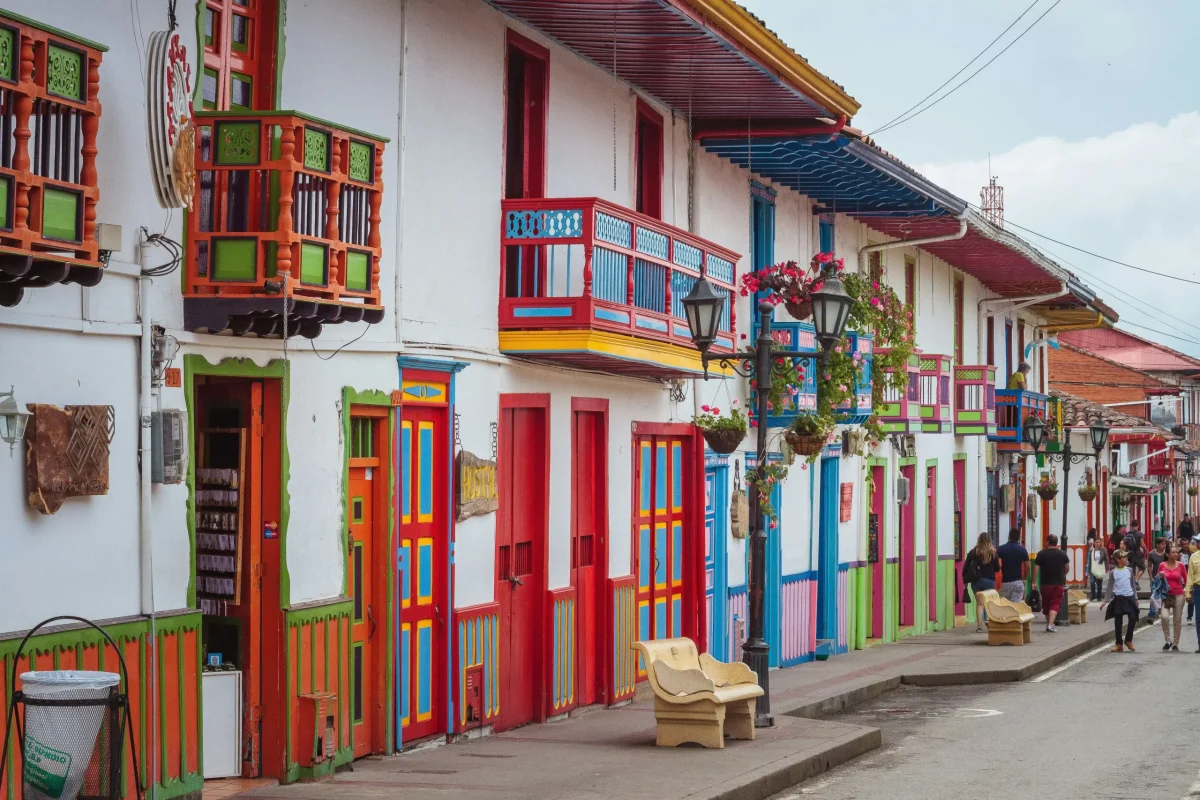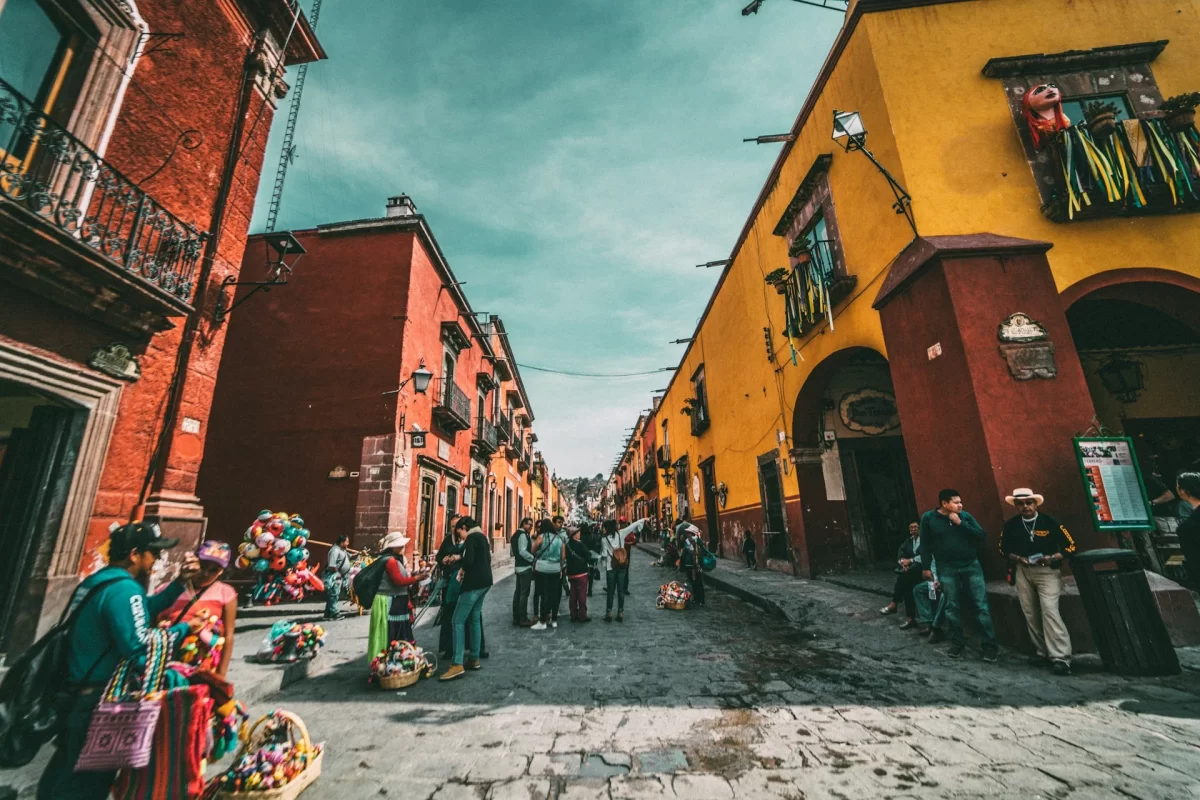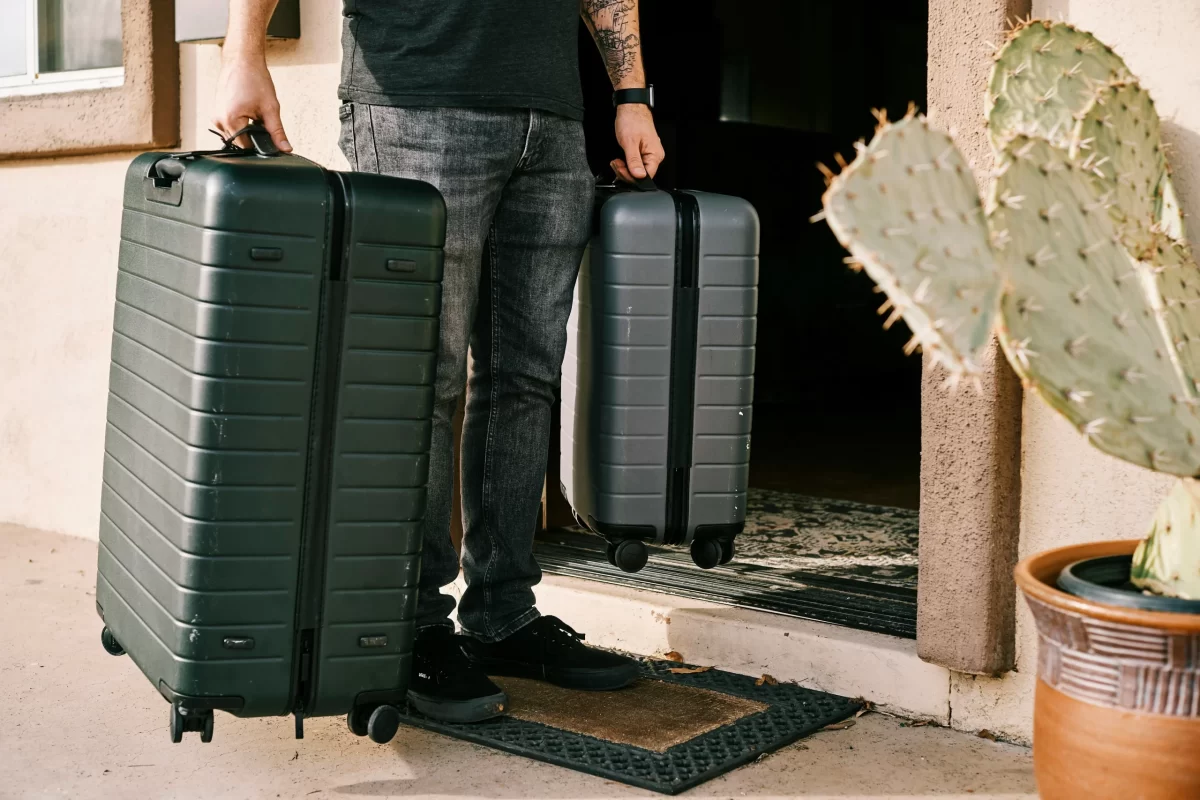How to Set Up a Company in Brazil
Brazil isn’t just the largest economy in Latin America—it’s also one of the most strategic countries to set up a company. With a booming startup ecosystem, advanced infrastructure, and over 200 million consumers, Brazil consistently ranks as the top LATAM market for innovation and investment. Whether you’re drawn to fintech, agritech, or clean energy, Brazil offers scale and opportunity. Yet, to create a company in Brazil, you’ll need legal precision, tax knowledge, and expert guidance. This step-by-step guide will walk you through the entire process—from choosing the best legal structure for companies in Brazil to becoming fully operational.
🔑 Key Takeaways:
✔️ Common legal entities include the LTDA, SA, Single-Member Company, and Branch of a Foreign Company.
✔️ The full process to open a company in Brazil typically takes 30 to 90 days, depending on your structure and documentation.
✔️Foreign investors must appoint a local legal representative and register capital with the Central Bank.
✔️ Working with local experts simplifies compliance and ensures long-term success when you create a company in Brazil.
Types of Companies
Before you open a company in Brazil, it’s important to choose the right legal structure. Brazil offers several company types, each suited to a different business goal. Understanding the differences helps you stay compliant and efficient from the start.
Limitada (LTDA): Brazil’s version of a limited liability company. It’s ideal for small and mid-sized companies that don’t plan to raise public capital. This is the most popular option among foreign investors due to low setup costs and easier management.
Sociedade Anônima (SA): A corporate structure used for larger businesses. It suits companies seeking investors or planning a future IPO. It requires more governance and reporting.
Single-Member Company: A simplified version of the LTDA for solo entrepreneurs. It provides limited liability without requiring a partner.
Branch of a Foreign Company: A direct extension of your existing company abroad. This option keeps the same legal identity but requires federal approval and more documentation.
Each legal structure for companies in Brazil has tax, compliance, and ownership implications. Consulting local experts can help you make the right choice.
Visas for Foreign Investors
If you plan to set up a company in Brazil and live locally, you’ll need the correct visa. There are several options:
Investor Visa: Requires an investment of BRL 500,000 or BRL 150,000 for startups. This grants residency.
Work Visa: Tied to an employment contract with your Brazilian entity.
Permanent Residency: Available to investors with significant business activity.
All visa processes require legal documents to be translated and consularized. Applications must include a business plan and proof of funds. Immigration policy in Brazil can change, so having a local expert ensures a smooth process. Starting your visa early avoids delays when you’re ready to open a company in Brazil.
Step-by-Step: How to Set Up a Company in Brazil
Step 1: Choose the Right Legal Structure
The first and most important step to set up a company in Brazil is selecting the proper structure.
- The LTDA is ideal for most investors because of its simplicity and full foreign ownership.
- The SA is better for larger operations seeking outside funding.
- A Single-Member Company is perfect for solo founders.
- Lastly, a Branch allows your existing company to operate in Brazil but involves more government approval.
Your structure affects liability, governance, tax treatment, and speed of setup. Start here, and you’ll build the foundation for long-term success.
Step 2: Define Activities and Draft Articles of Incorporation
Once you’ve chosen your structure, the next step is to define your business activities through the CNAE code (National Classification of Economic Activities). This code determines licenses and taxes.
Then, draft the Articles of Incorporation—your company’s founding document. It must include:
- Company name and address
- Purpose and scope
- Capital distribution
- Shareholder roles
- Management structure
To create a company in Brazil legally, your documents must comply with federal standards. Work with a local legal expert to avoid mistakes. Inaccurate bylaws can delay your company registration and trigger compliance issues later.
Step 3: Register with the State Board of Trade
After drafting your documents, register with the Junta Comercial, Brazil’s state-level Board of Trade. This step makes your company legally recognized. You must provide:
Signed Articles of Incorporation
IDs or passports of shareholders
Proof of business address
Official forms and payment receipts
Once accepted, the Board issues your NIRE (Business Registration Number). This number is critical for the next steps—especially tax registration. If you’re looking to open a company in Brazil fast, make sure all documents are in order before filing.
Step 4: Get Your CNPJ
With your NIRE, you can now request your CNPJ—your official company tax ID—from the Federal Revenue Service. This process generates a DBE (Basic Entry Document) that must be signed and submitted.
In some states, CNPJ registration happens together with the company formation via the Rede Sim platform. A valid CNPJ allows your business to open bank accounts, issue invoices, and register employees. You can’t legally set up a company in Brazil without it.
Step 5: Register for State and Municipal Taxes
After obtaining your CNPJ, your company may be required to register with both state and municipal tax authorities, depending on your business activity.
- Inscrição Estadual (State Tax ID) – Needed for physical goods, industry, or transport services.
- Inscrição Municipal (Municipal Tax ID) – Required for service providers.
Each state and city has its own rules. Some will request site inspections or extra licenses before approving.
Step 6: Apply for Business Licenses and Permits
With tax registrations in place, the next step is securing your business license (Alvará de Funcionamento) from the local municipality. This license confirms that your company is legally allowed to operate in a specific location. Commonly required documents include:CNPJ proof
- Lease or property documents
- Safety inspections (fire, health, etc.)
Depending on your sector, you may also need special licenses—such as health permits, environmental licenses, or fire department approval. Many municipalities now offer online portals for permit applications, but the process often requires site inspections. Find below certain industries that need extra permits:
- Health license for food and beauty
- Environmental license for factories
- Fire safety certificate for public spaces
Check all regulations early to avoid delays.
Step 7: Register with Social Security and Request Invoicing Access
Before hiring staff, register your company with Brazil’s INSS (Social Security) and eSocial platform. These systems handle payroll, benefits, and tax reporting. You’ll also need to request permission to issue electronic invoices:
NF-e for goods
NFS-e for services
Issuing invoices without authorization is illegal. To stay compliant from day one, complete this step immediately after getting your tax ID and local registrations.

How Much Does It Cost to Open a Company in Brazil?
Understanding the cost to set up a company in Brazil helps you budget wisely. Basic fees include:
USD $20–$120 for Junta Comercial registration
USD $200–$1,500 for legal or accounting support
USD $30–$60/year for digital certificates
USD $50–$300 for licenses and permits
These are one-time fees, but monthly costs—such as accounting, payroll, and taxes—are ongoing. Add office rent, employee benefits, and reporting tools. If you plan to create a company in Brazil, budgeting for these essentials will protect your long-term growth.
How Long Does It Take?
The time required to open a company in Brazil varies. For simple LTDA setups with local partners, expect 5–15 business days. If you’re a foreign investor, allow 30–60 business days for document legalization and approvals. Adding permits and licenses may stretch the timeline to 90+ days. Always prepare for delays. Legalization, translations, and Central Bank registration can slow the process. Starting early with the right experts helps reduce risks and save time.
Foreign Companies: What to Know Before Entering Brazil
Foreign companies must meet several requirements before they can legally set up a company in Brazil. These include:
- To start, every foreign shareholder must appoint a resident legal representative in Brazil—either a Brazilian citizen or a foreigner with legal residency.
- You’ll also need to translate and legalize all corporate documents, including bylaws and identification records. These translations must be performed by a sworn translator and submitted in Portuguese.
- For full compliance, foreign capital must be registered with the Brazilian Central Bank using the RDE-IED platform. This ensures your ability to repatriate profits, reinvest capital, and comply with foreign exchange laws.
Sectors like aviation, media, and healthcare have additional restrictions. You may need a local partner or special government approval. Brazil also has complex tax rules and high compliance standards. Without the right support, small errors can lead to costly delays. For companies looking to open a company in Brazil, working with a local partner is the best way to ensure compliance and smooth entry into the market.
Final Thoughts: Creating a Company in Brazil Starts Here
Creating a company in Brazil is more than just completing forms—it’s a strategic move into one of the most dynamic markets in Latin America.
At Europortage, we help foreign businesses succeed from the ground up. With over 15 years of experience in Brazil, we provide full support—from legal structure selection and document translation to tax registration, payroll, and ongoing compliance. Our bilingual team understands the complexities of the Brazilian system and guides you through every step with efficiency and care. Whether you’re setting up a local entity or opening a branch, we help you build a stable, compliant, and scalable business. Ready to enter Brazil with confidence?




